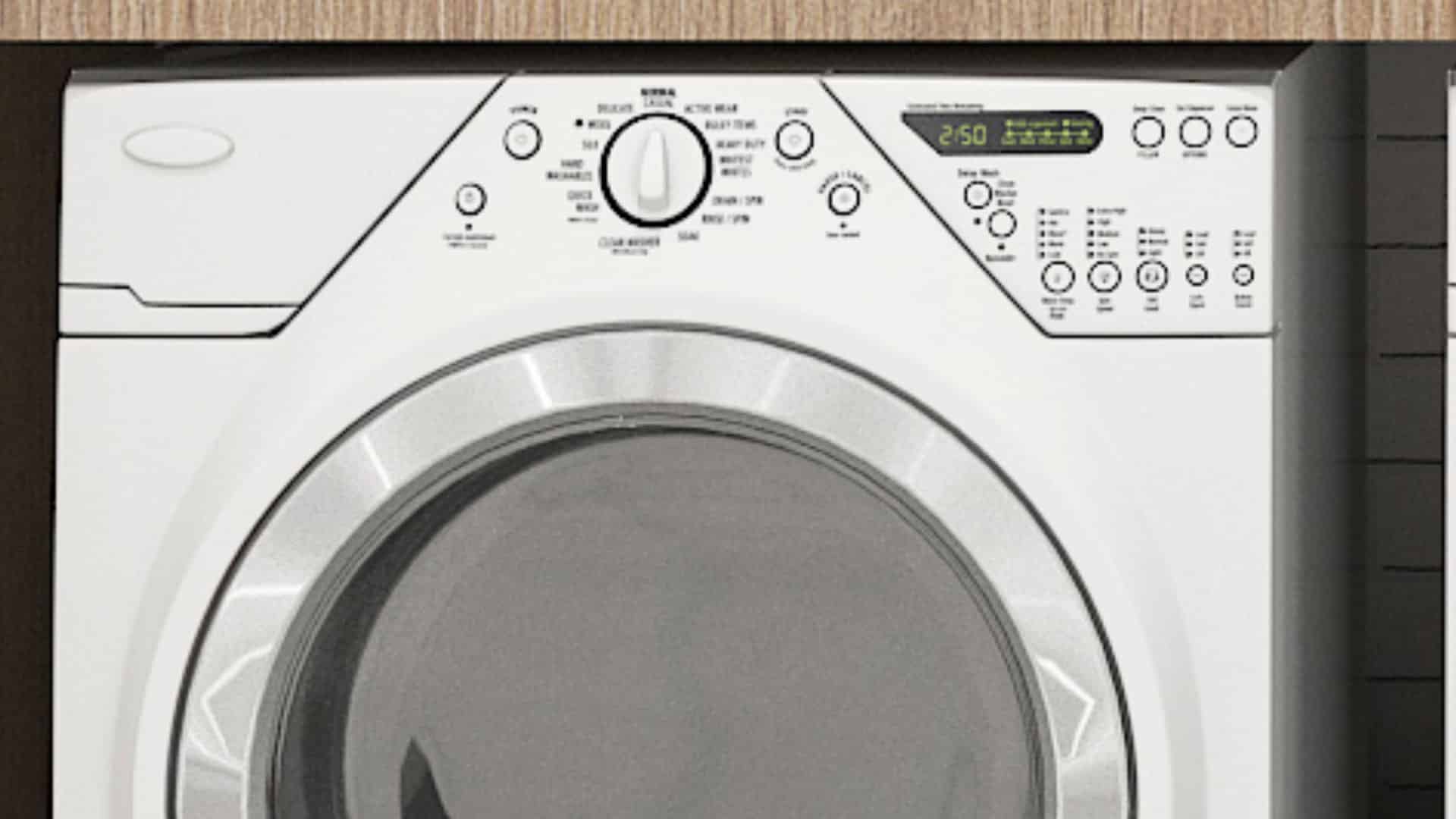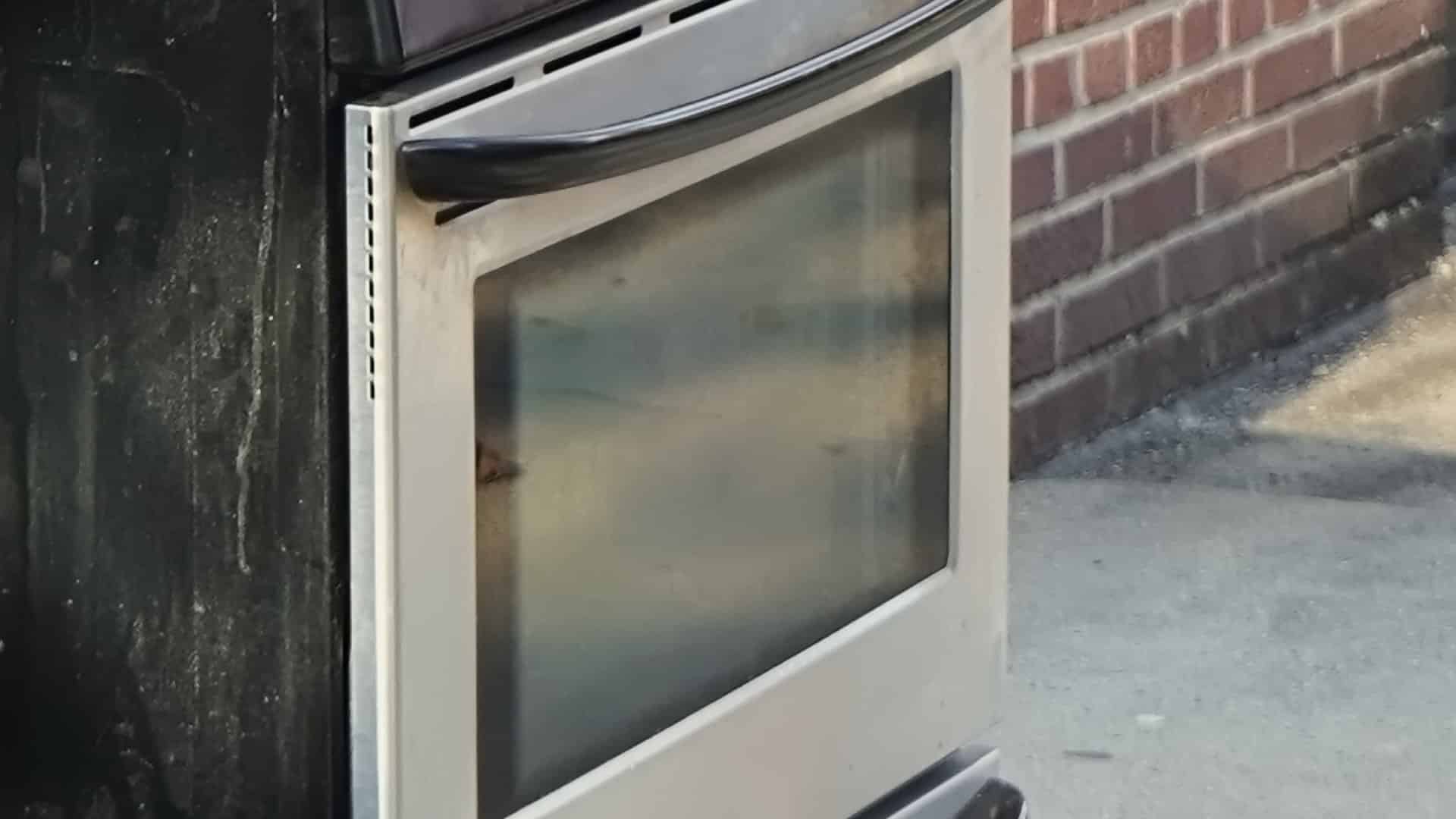
Is your oven emitting a burning or charred odor during self-cleaning? If so, don’t fret—in most cases this is perfectly normal! As long as you’re following the proper safety guidelines, it shouldn’t be a big cause for concern.
However, there are some instances when a foul smell might be a sign that something is not right. This article will explain why self-cleaning ovens typically smell, along with what they shouldn’t smell like and what may cause the more alarming, unusual smells.
We’ll also provide some tips you can follow to help minimize odors as much as possible and ensure you’re using your self-cleaning oven safely.
What Causes a Self-Cleaning Oven to Smell
The self-cleaning feature is super convenient and helpful, allowing you to clean your oven with little effort compared to manual cleaning, which is a bit of a chore!
However, owners of self-cleaning ovens are sometimes hesitant to use this feature because they are alarmed or put off by the odor, or because they’ve read some scary story online.
Yet, this odor is a normal part of the process, since self-cleaning ovens work by increasing the internal temperature to around 500°C. This incinerates any food and grime inside the oven, turning it to ash, which can then be easily wiped away once the self-cleaning is finished and the oven has cooled.
This incineration naturally causes a burnt, smoky odor. This smell is nothing to be concerned about and it should clear on its own, as long as you are following the proper usage and safety guidelines, which typically involve:
- Reading your oven user manual for specific instructions.
- Ventilating the kitchen and nearby areas.
- Removing large food particles before you begin a self-clean.
- Emptying the oven of its racks, trays, and other items.
- Keeping pets and children away during self-cleaning.
- Not using chemical cleaners inside the oven.
- Waiting for the oven to cool completely before opening.
Also, it’s worth noting that if your self-cleaning oven is brand new, you should expect it to smell a little more pungent during the first few self-cleans, as it burns off oils and the residues of other substances used during manufacturing.
When is the Smell of a Self-Cleaning Oven a Concern?
Now, there are some instances when the smell of your self-cleaning oven may be something to worry about. For instance, if the odor has a chemical or electrical smell, is more pungent than usual, or if there is excessive smoke, you may want to check the following:
Have You Left Items Inside?
Most trays, utensils, and other kitchen items are not designed to withstand the high temperatures of a self-cleaning oven. Therefore, if any are accidentally left inside, either the items themselves, especially plastic ones, or their protective coatings can begin to melt or burn, releasing a nasty and likely toxic odor.
It’s also worth noting that you shouldn’t leave items on top of or leaning against the oven during self-cleaning, for the same reasons.
Have You Been Using Cleaning Chemicals?
It’s advised not to use chemical cleaners inside a self-cleaning oven, since they can leave behind residues that burn off and release toxic fumes during self-cleaning.
It is recommended that you clear the oven of large food particles and debris before self-cleaning, but this can be done without chemical cleaners, using either gloved hands, wooden or plastic utensils, a damp cloth, or a soft brush.
If you feel you do need to give the inside of the oven a thorough manual clean—such as the oven glass door, which the self-cleaning feature often doesn’t completely clean—opt for a natural alternative instead. A white vinegar solution or baking soda paste are the best self-cleaning oven-friendly options.
Was the Kitchen Properly Ventilated?
The less well-ventilated your kitchen is, the more pungent the smell will be since there will be a higher concentration of fumes inside the kitchen. More is better when it comes to ventilation, so open up all doors and windows nearby and turn on the extractor fan for maximum airflow.
It’s easy to sometimes forget to turn on the extractor fan or open a window before self-cleaning, so check if this was the case if you notice the smell is particularly strong.
It can also be tempting during the colder winter months not to open the doors and windows in an attempt to keep your home warm. But this should be avoided, as it will make the smell more intense and linger for longer.
Does Your Oven Have an Electrical Issue?
If your oven emits a smell of burning electrical parts, produces more smoke than usual, fails to heat up adequately, malfunctions, blows a fuse, or trips the circuit breaker, there might be an issue with an electrical component or heating element.
It’s best to stop using the appliance and call an appliance expert for assistance in cases like this.
Tips for Reducing the Odor from Self-Cleaning
Here are a few more tips you can follow to minimize the smell as much as possible:
Set a Regular Schedule
Setting a regular self-cleaning schedule for your oven can help reduce the odor since it prevents excessive dirt and grime from building up in your oven.
Use a calendar or reminder on your phone to alert you when your oven is due for a self-clean. It’s recommended to run a self-clean once every four months, though for heavy users, you may want to do it even more regularly, such as once per month.
Use Baking Soda, Charcoal, or Coffee Grounds to Absorb Odors
Baking soda, activated charcoal, and coffee grounds are all natural odor absorbers. Once the self-cleaning is finished and the oven has cooled, you can place a bowl or container filled with one of these inside the oven, or place them around the kitchen, to help absorb any lingering odors.
Late in the evening is a good time to do this, since the oven is no longer being used and you can leave the bowls overnight for best results.
Wipe Down Your Oven After Self-Cleaning
Our final tip is to wipe clean the inside of your oven after self-cleaning, once it has cooled and is safe to do so. This will remove all the ash left behind from self-cleaning, helping to reduce any odors. For best results, use a white vinegar and water solution or baking soda when cleaning the inside, since these have natural deodorizing properties.
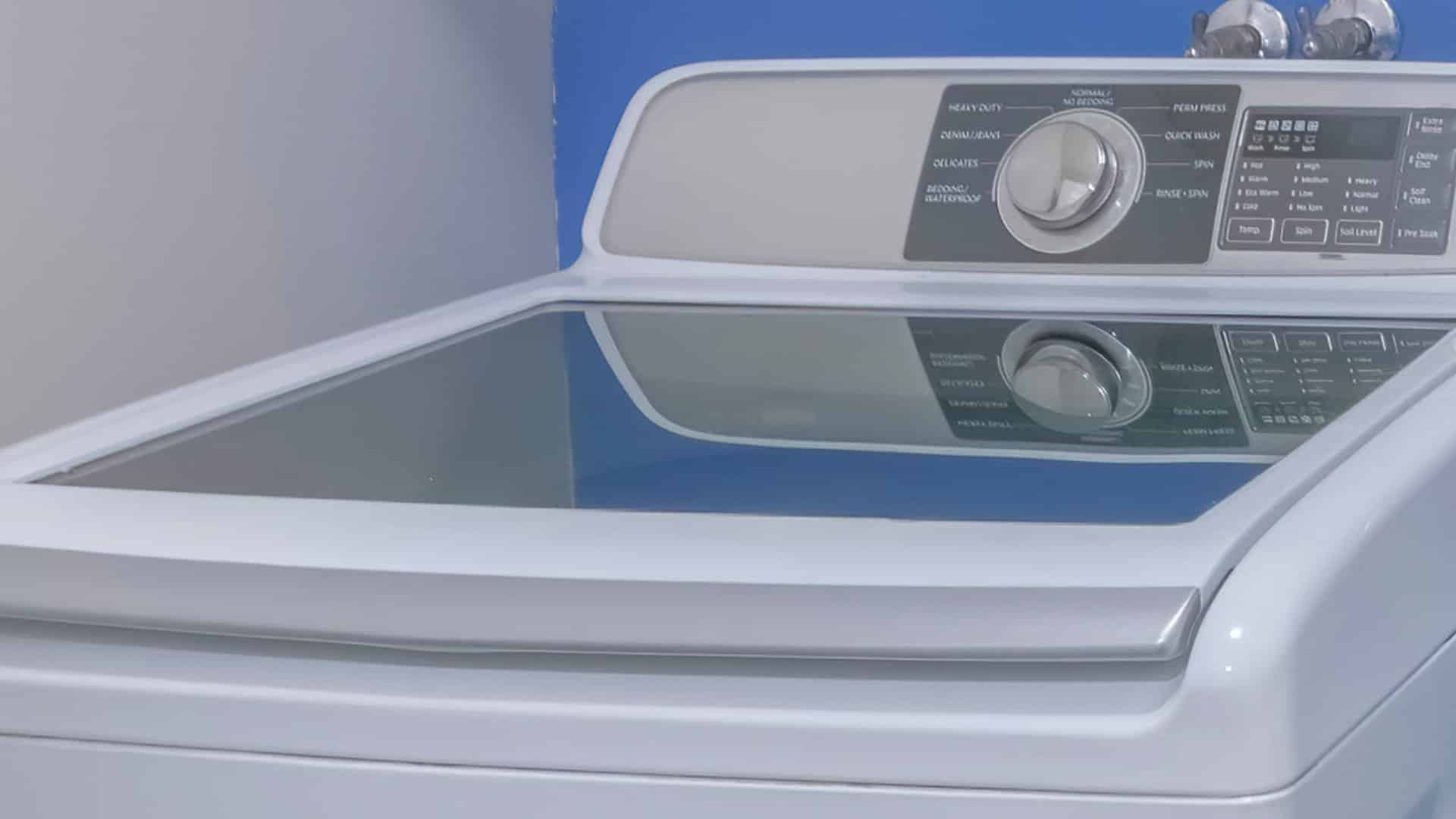
How to Fix the nF Error Code on a Samsung Washer
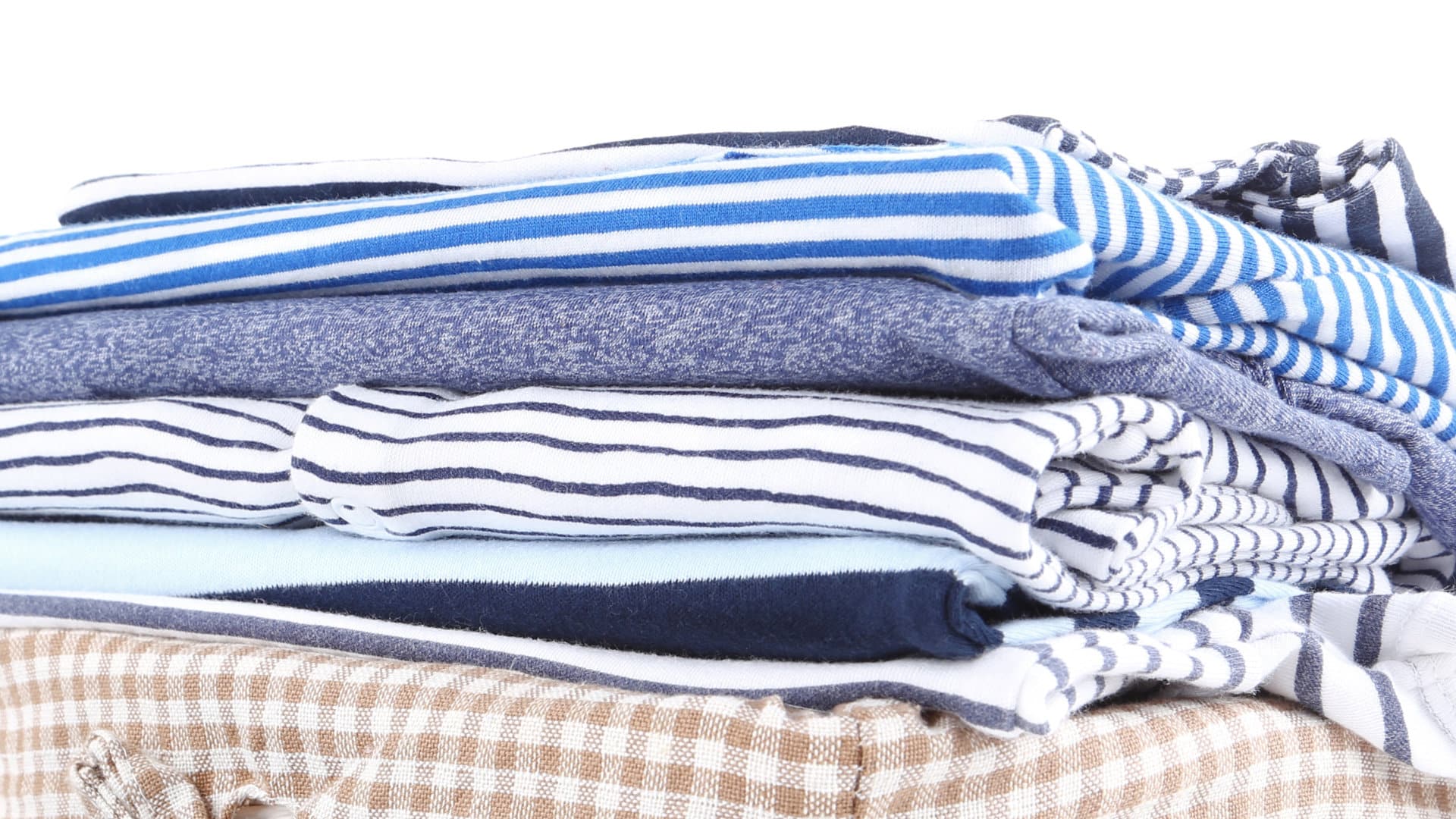
Kenmore Elite Dryer Issues: How To Troubleshoot
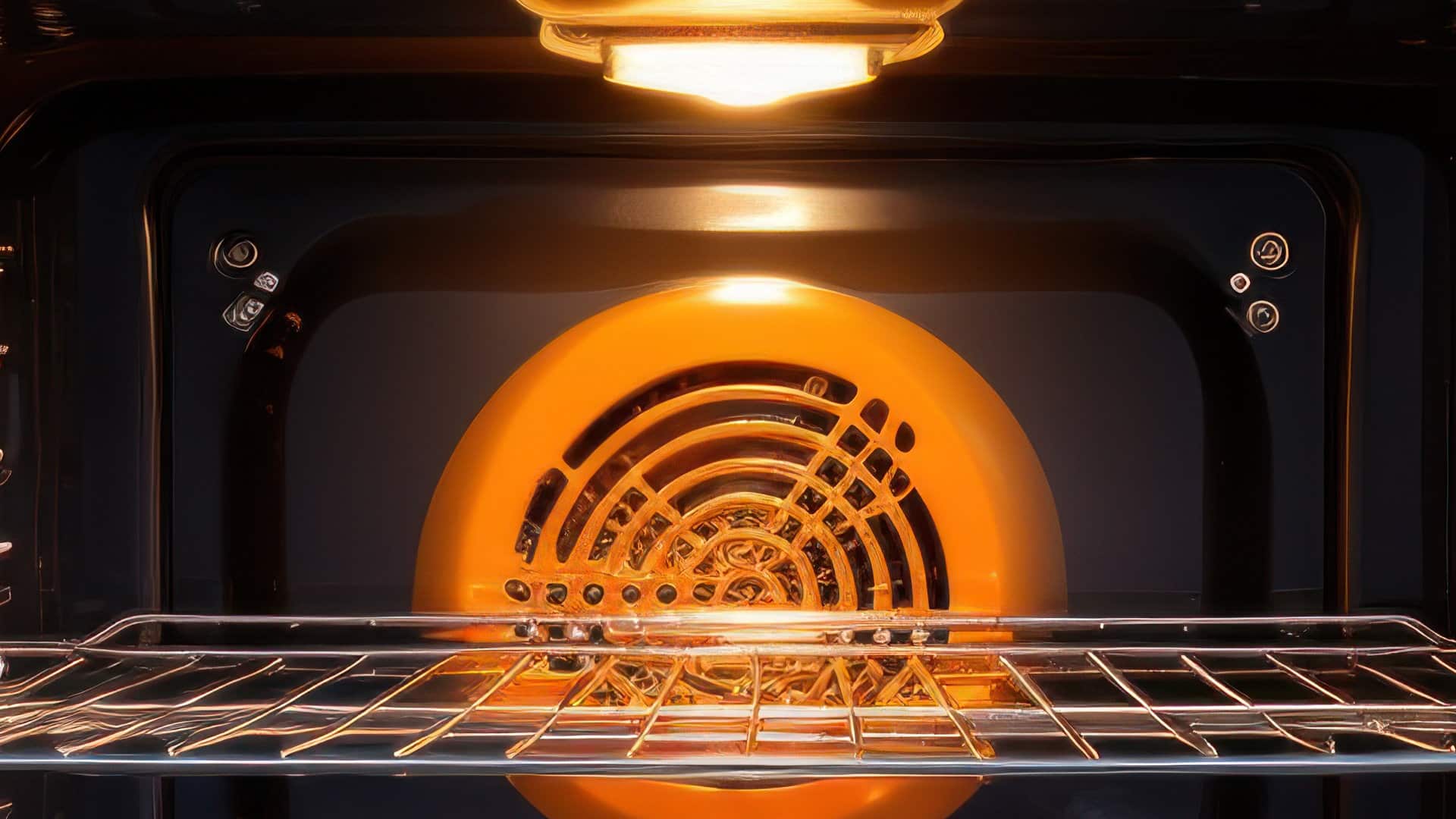
Microwave vs. Oven: Pros and Cons and How They Differ

Self-Cleaning Oven Smell: Causes & Odor Reduction Tips
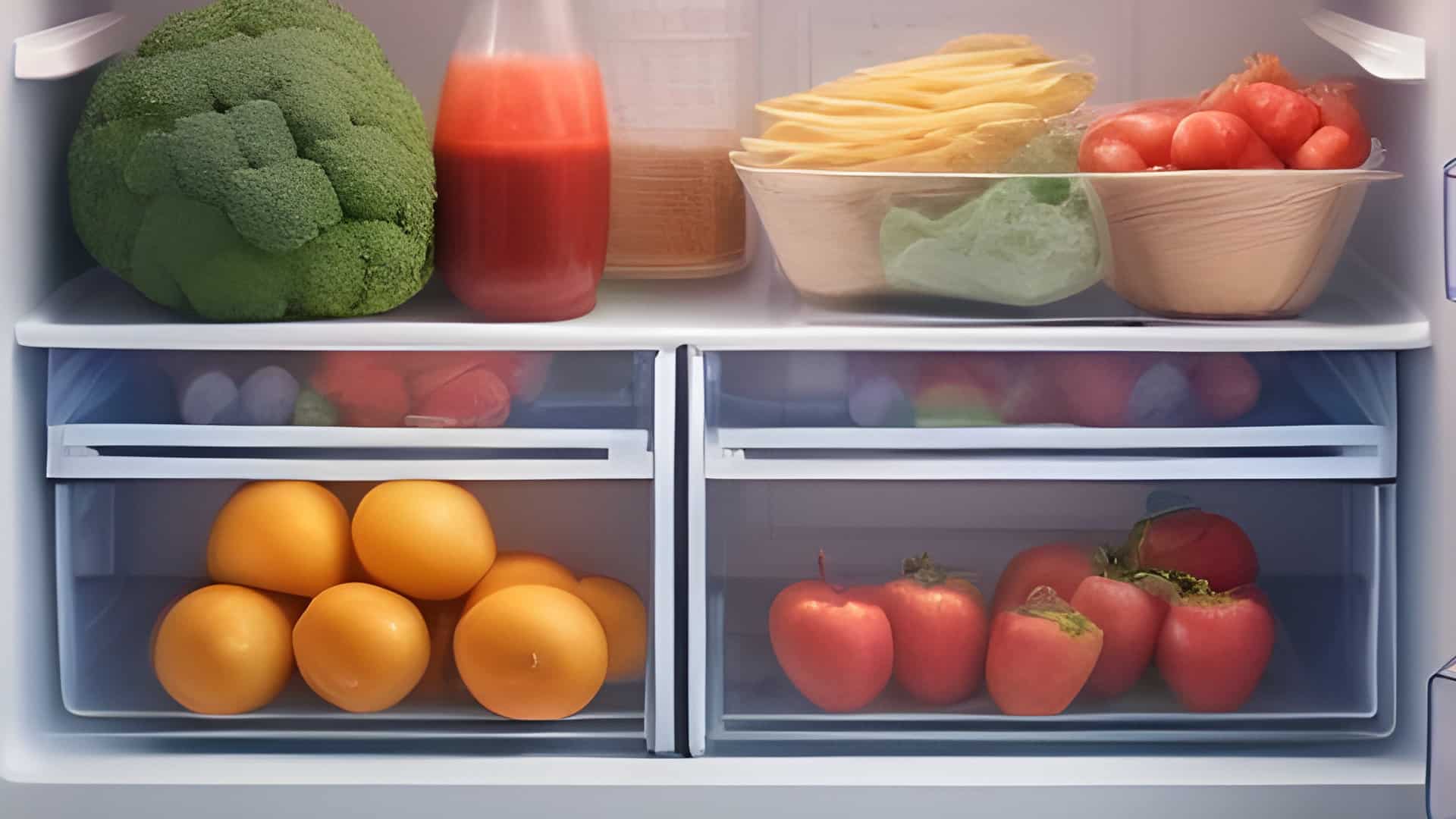
Frigidaire Ice Maker Not Working? 7 Ways to Fix It
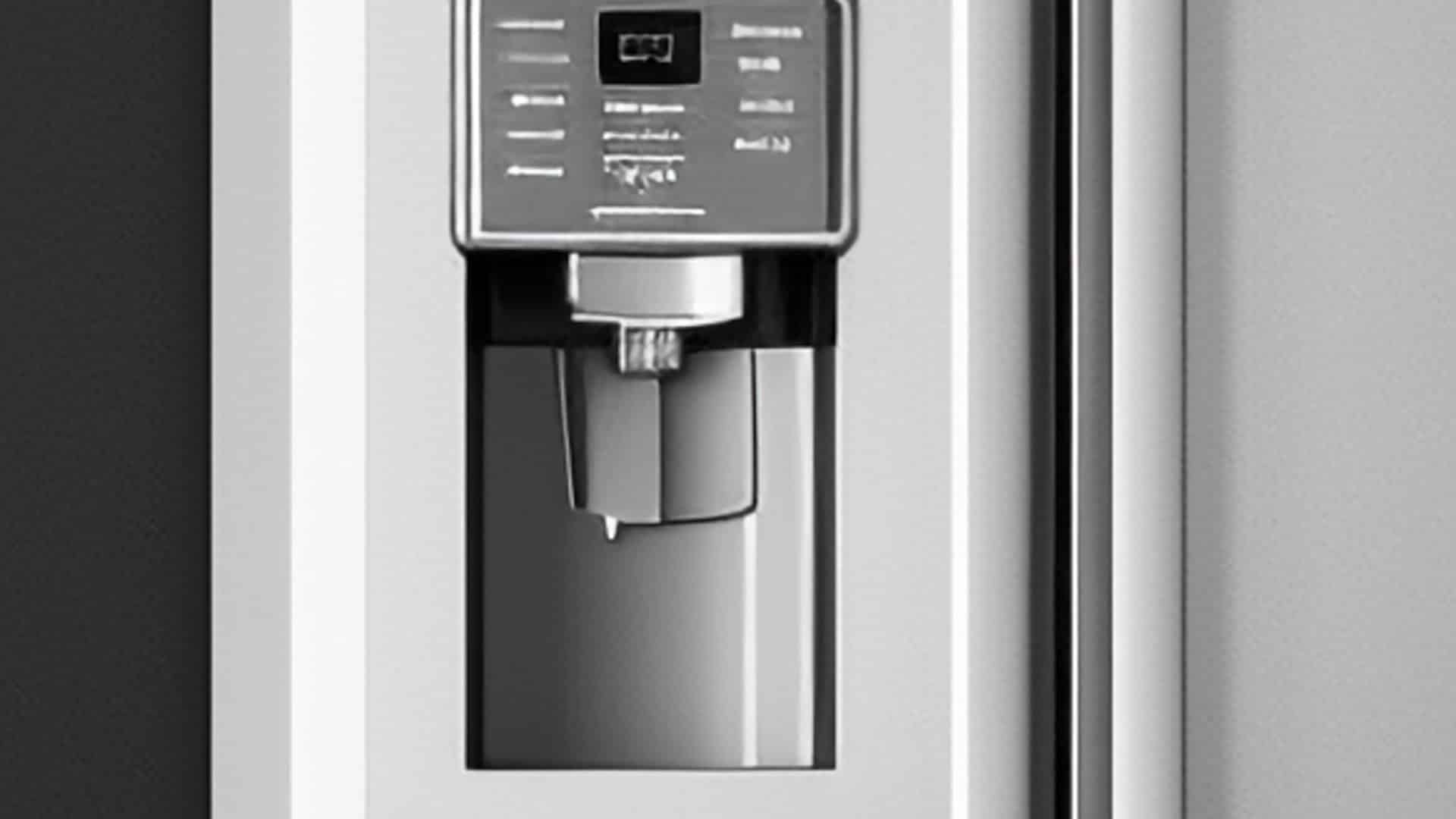
Why Is Your LG Refrigerator Not Cooling? (9 Common Reasons)
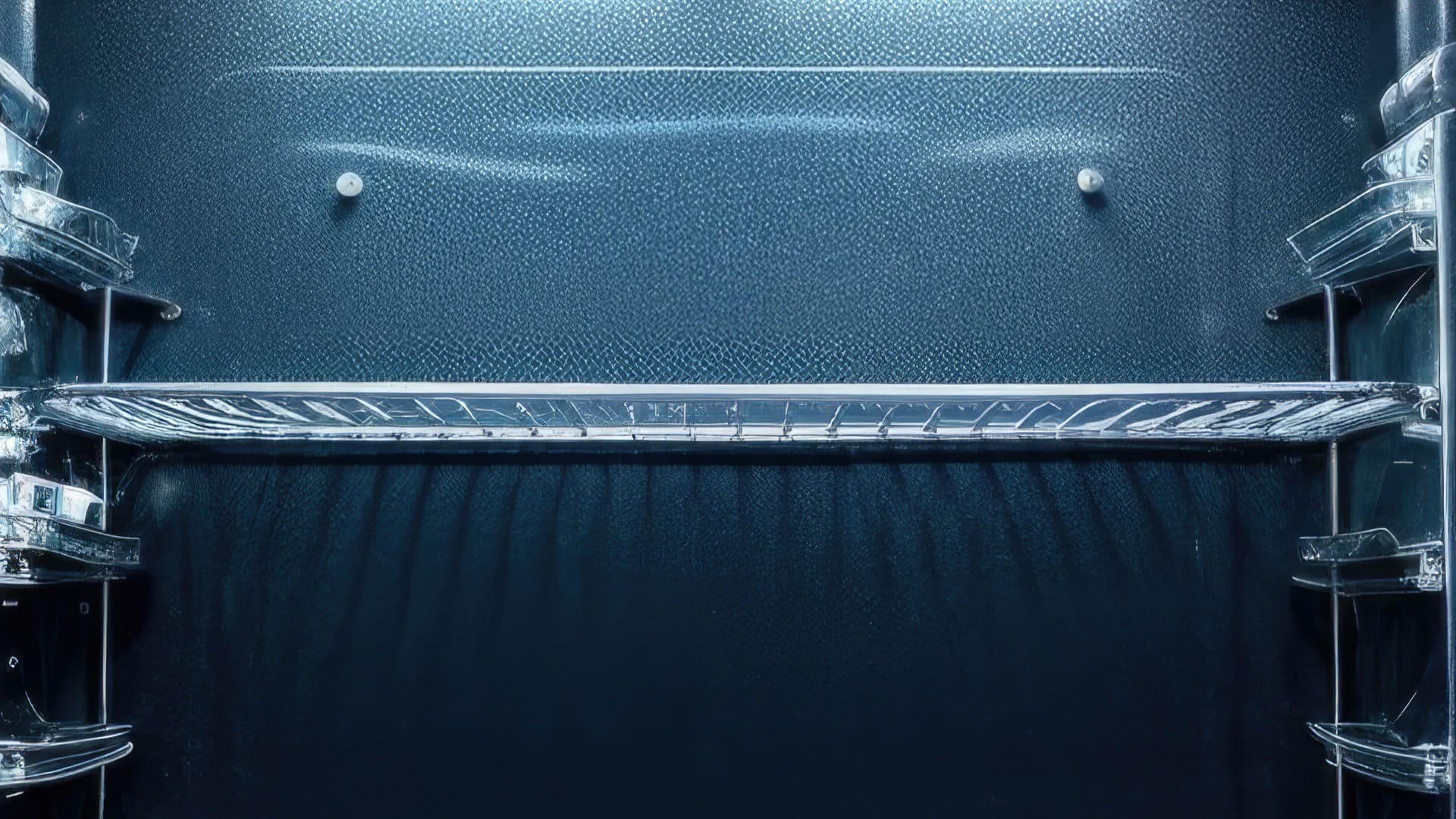
GE Oven F2 Error: Causes & Solutions
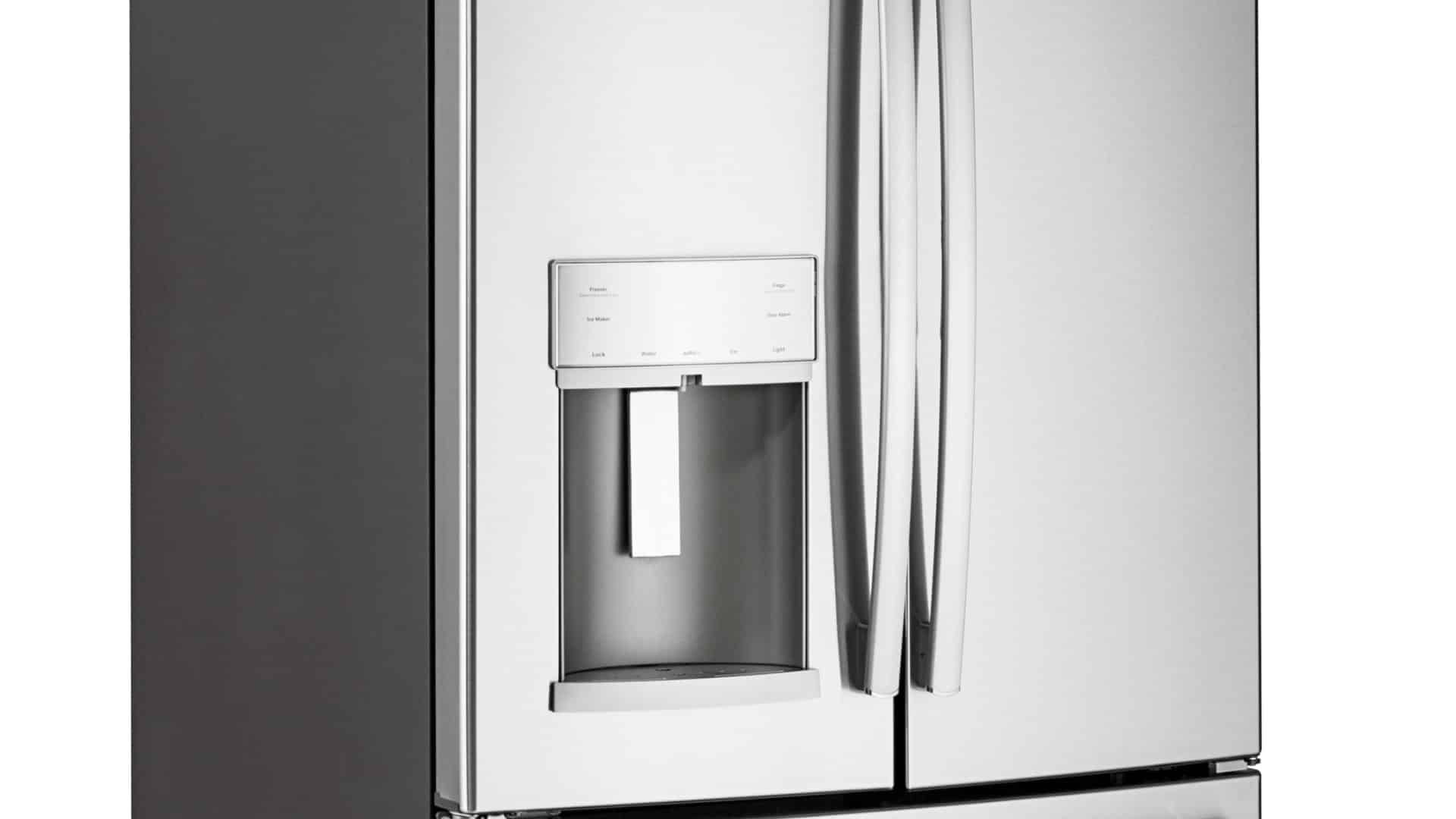
How to Reset the Water Filter Light on a Samsung Refrigerator
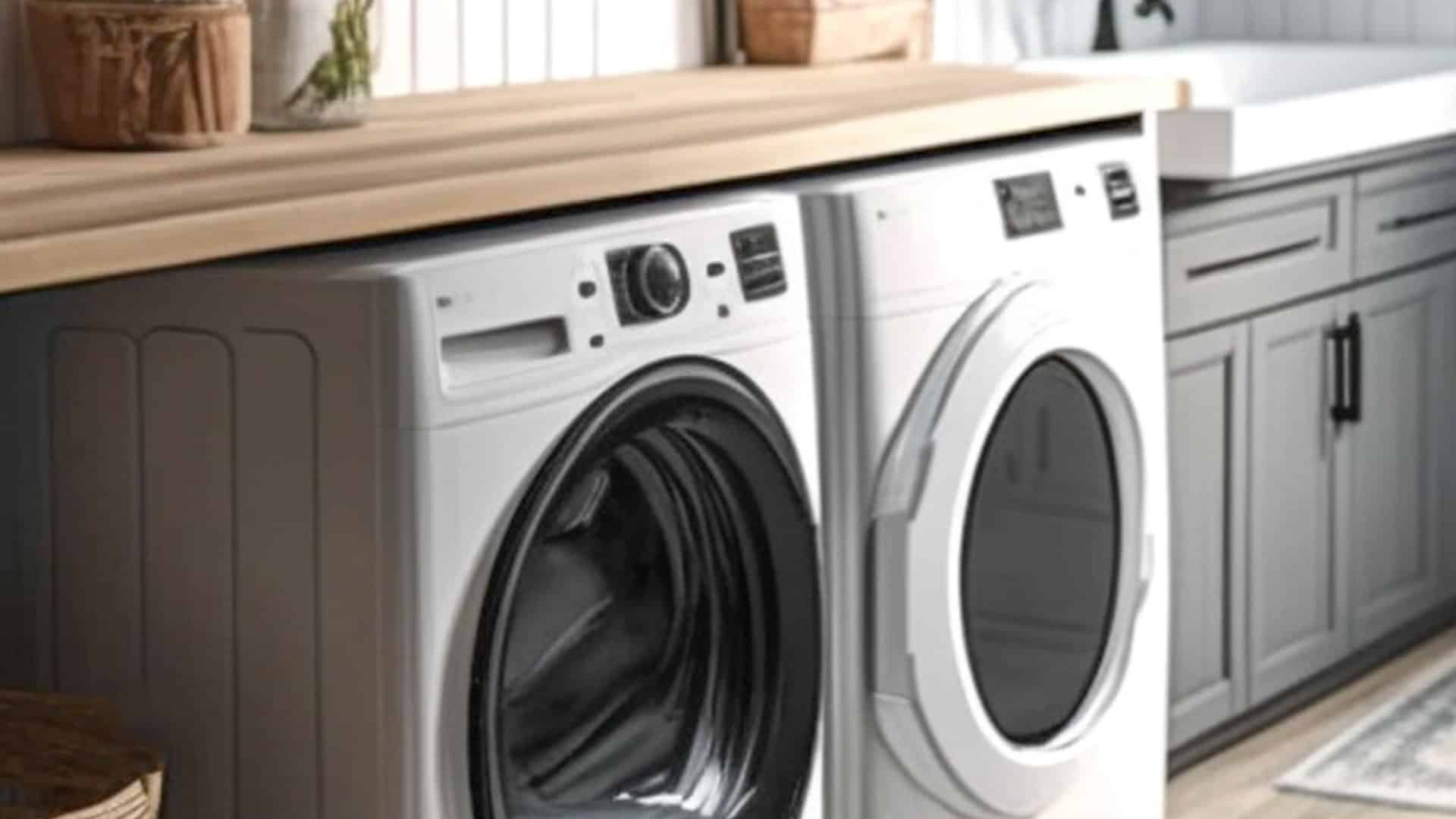
Maytag Washer Showing F5 Error Code? Here’s What To Do
